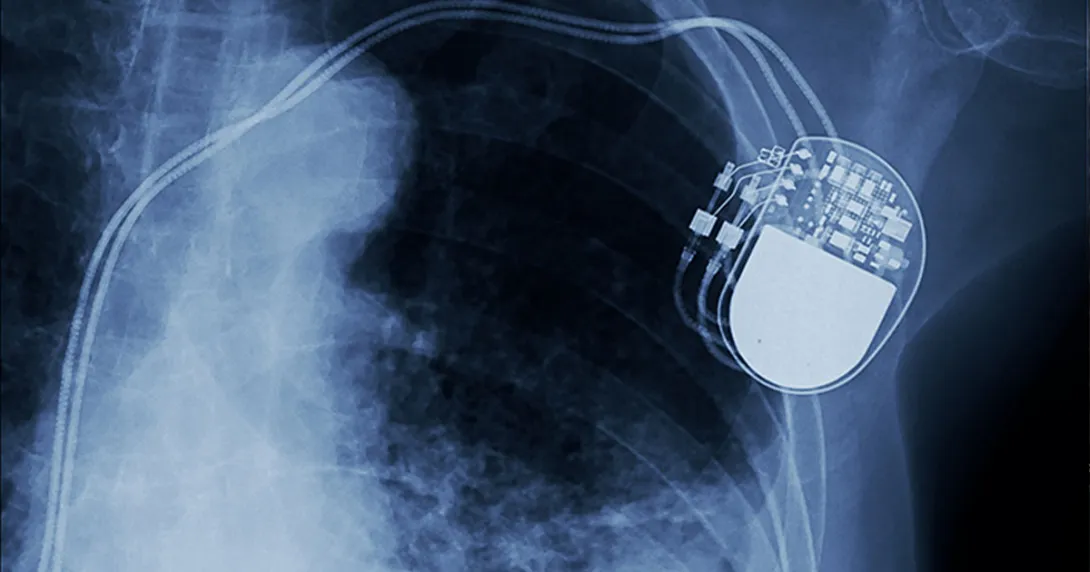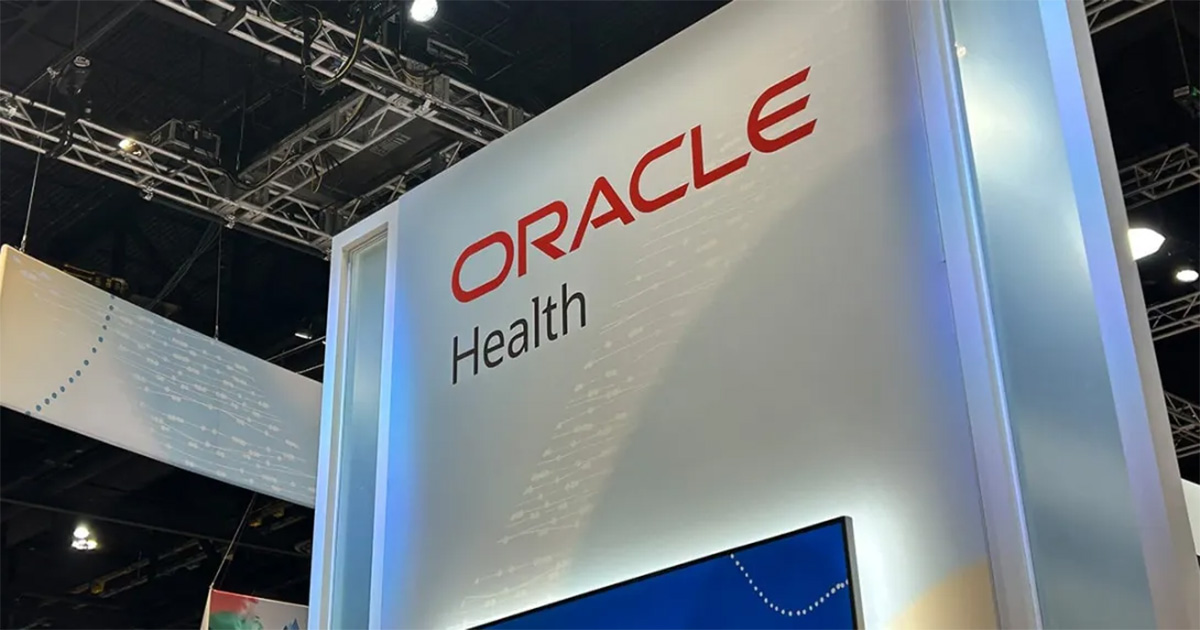Robert M. Tennant
Senior policy advisor, MGMA
Focused on federal legislative and regulatory health information technology issues
What’s new and different at the MGMA conference this year?
Looking back 15 years ago, you would never have seen this level of sessions on technology. How to do it effectively, I think, is going to be a key overarching theme for the conference. I’ve got a couple of sessions. My goal is to let people know there are solutions for these challenges. A lot of speakers are very focused on re-aligning administration, cutting sort of the fat out of the private practices’ administration, trying to come up with ways to improve the bottom line and understanding that increased revenue is not going to be part of the equation.
What are the biggest policy issues MGMA members are most focused on?
In terms of the issues that are keeping our members awake at night, probably the most pressing is the potential of a 29.5 percent cut in Medicare payment in January. That would impact, as you can imagine the cash flow of the practice and could put on hold HIT investments, staff hiring and, of course, impact their ability to see Medicare patients. So that’s probably No. 1 on the concern list.
Have government incentives and the meaningful use program spurred greater EMR adoption?
For those practices that have been a little bit out front in terms of HIT, it was an easier move to get their systems certified and to meet the meaningful use criteria. We’ve seen that the amount of money given out in payments, both through Medicaid and Medicare so far, are much less than what OMB had budgeted for. I think that’s a product of people finding a lot of challenges in meaningful use.
What is the most difficult for them in meeting the criteria?
We’ve heard from a number of folks, everything from CPOE to providing the patient with a care summary, which on the surface seems so reasonable, but when you look at it, you’ve got issues. Some of that summary can’t be provided at the time of service because you’ve got lab results and things like that. Then it becomes a question of how do they get it to the patient. They’re concerned about privacy and sending this information via mail or e-mail, which, of course, is discouraged without encryption. So that’s been a challenge. But perhaps the most daunting is the security risk assessment because for that one, there’s no right and wrong answer. The other criteria are very clear. You must reach a certain threshold. Here there is no clear definition of a successful risk assessment and mitigation. It’s absolutely practice-by-practice. The nature of physician practices, especially the smaller ones, is that they typically don’t have security experts on staff. So that, in some ways, is the most challenging because it’s the most nebulous.
Are most physician practices prepared for HIPAA 5010?
What’s interesting about this issue is that it’s one of those that the physician is well aware of. We’ve done some surveys that show that the vast majority is aware that 5010 is coming. But then you ask the question ‘are you ready for it,’ and the answer is ‘no.’ The vast majority has not completed their 5010 upgrade. This delay is not one caused by the practice itself. Rather they are relying on their trading partner - the practice management system software vendor in particular – to provide them with the necessary software upgrade to be able to move from 4010 to 5010 especially on the claims because that’s the key transaction for the practice. It produces the lifeblood for the organization. As of June when we last did our survey, 83 percent of practices had contacted their practice management system provider trying to find out when they would be upgrading them and what the cost would be. But, in terms of outreach from the vendors, only 35 percent of practices had heard from their vendors. So, we’ve got a disconnect there.
What about ICD-10?
What we’re seeing is it has been absolutely put on the back burner. There are so many pressing issues – 5010 among them – they’re going to wait. They’ve got to focus right now on 5010. If claims don’t get paid, they won’t have to worry about ICD-10, they’ll be out of business.
Interview by Bernie Monegain


